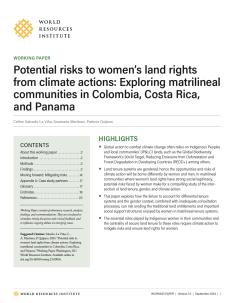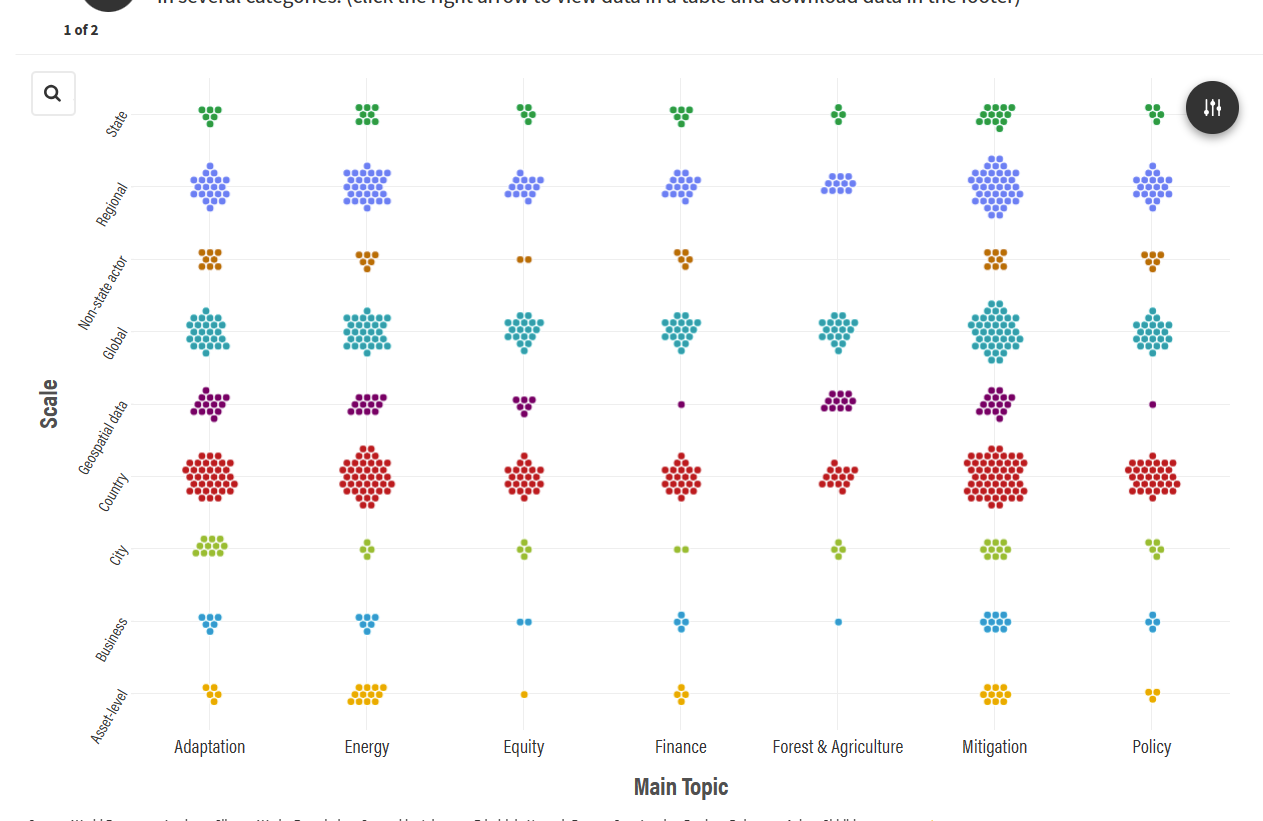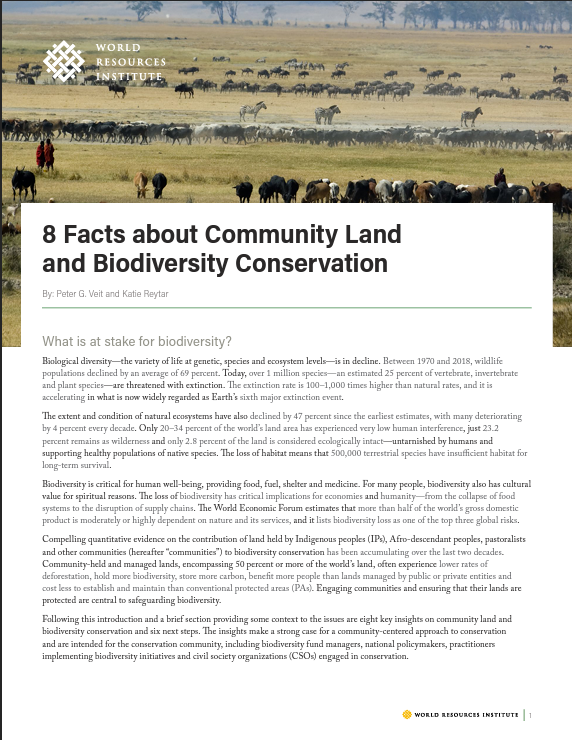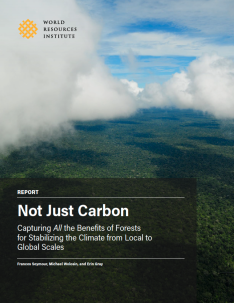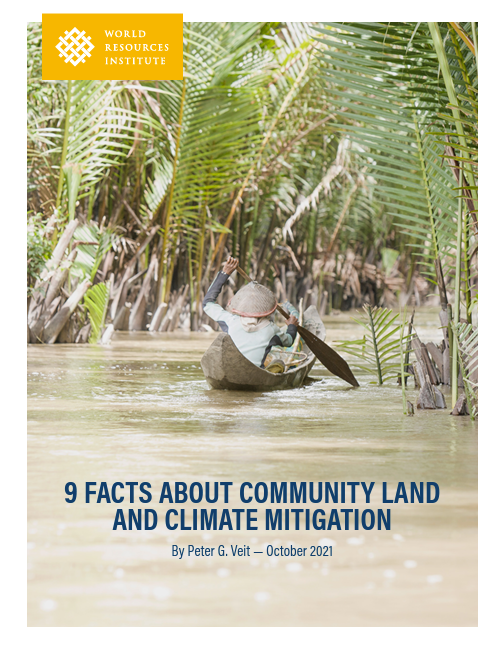Focal point
Location
World Resources Institute
The World Resources Institute is a global environmental think tank that goes beyond research to put ideas into action. We work with governments, companies, and civil society to build solutions to urgent environmental challenges. WRI’s transformative ideas protect the earth and promote development because sustainability is essential to meeting human needs and fulfilling human aspirations in the future.
WRI spurs progress by providing practical strategies for change and effective tools to implement them. We measure our success in the form of new policies, products, and practices that shift the ways governments work, companies operate, and people act.
We operate globally because today’s problems know no boundaries. We are avid communicators because people everywhere are inspired by ideas, empowered by knowledge, and moved to change by greater understanding. We provide innovative paths to a sustainable planet through work that is accurate, fair, and independent.
Resources
Displaying 1 - 5 of 94Potential Risks to Women’s Land Rights From Climate Actions: Exploring Matrilineal Communities in Colombia, Costa Rica, and Panama
This paper explores ways in which global actions to tackle climate change can potentially undermine women’s land tenure security. While there is greater cognizance of the role of secure land tenure as a critical enabler of global climate goals, climate actions that fail to account for differential tenure systems and gender dynamics risk eroding women’s customary land rights and associated social support systems. The paper recommends ways to balance climate goals with land rights protection.
Overview of 100+ Climate Data Platforms
Overview map of 100+ Climate Data Platforms. Each dot represents a platform in this category. A single platform can appear in several categories. (click the right arrow to view data in a table and download data in the footer)
8 Facts about Community Land and Biodiversity Conservation
Eight facts about community land and biodiversity conservation. This short report synthesizes the scientific evidence affirming the importance of Indigenous Peoples and local communities - and the security of their rights and tenure - in protecting ecosystems and biodiversity.
Not Just Carbon: Capturing All the Benefits of Forests for Stabilizing the Climate from Local to Global Scales
This report summarizes the science on the biophysical effects of deforestation on climate stability and explores the policy implications of the resulting impacts at three scales: global climate policy, regional cooperation on precipitation management, and national policies related to agriculture and public health. For each of these policy arenas, there are promising entry points to address current gaps through innovations in policies and institutions.
9 Facts about community land and climate mitigation
Indigenous peoples and other local communities (IPLCs) are essential for forests, climate, biodiversity, public health and a host of other local and global ecosystem services. Securing IPLC land rights, helping protect their lands from external threats and supporting their forest management efforts would allow IPLCs to contribute even more to these public goods. Evidence on IPLC forest management has been accumulating steadily over the last decade since this matter gained attention in the climate change policy circles.





